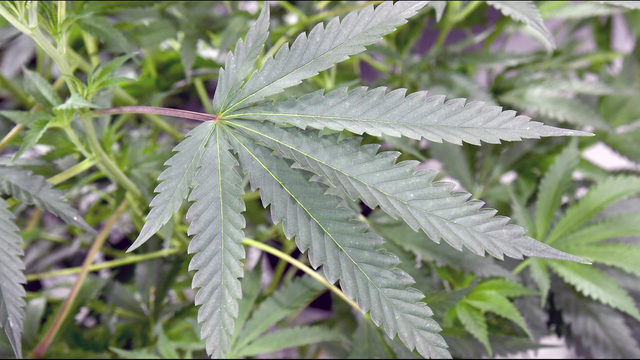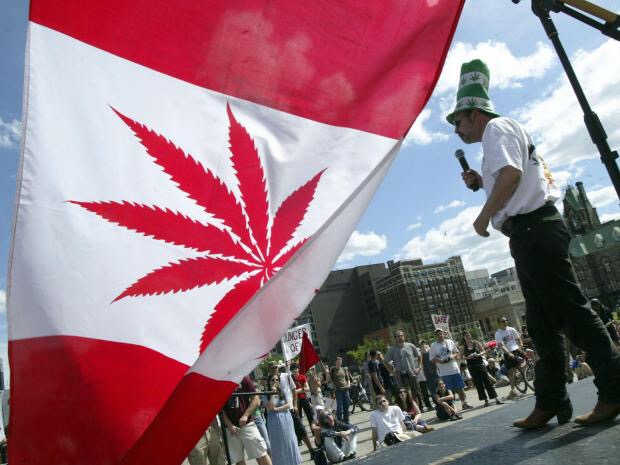Sixteen of Canada’s licensed marijuana producers have enlisted the help of Advertising Standards Canada to develop guidelines on how the drug should be branded and promoted before its recreational use becomes legal next year.
The marijuana sector has been lobbying the federal government for the right to brand their products, arguing that not being able to promote in stores or on packaging will prevent them from being able to effectively compete with the black market.
Last year, a federal task force issued a report recommending that cannabis products require plain packaging that would allow only certain kinds of information to be listed, such as company name, strain and price. It said advertising restrictions should be similar to those placed on the tobacco industry.
Health advocates have argued that such restrictions are necessary to ensure that users are aware of health risks associated with the substance.
They also claim that allowing marijuana companies to market their products could lead to widespread use of the drug, similar to what happened with alcohol and tobacco in the past.
However, Cameron Bishop, director of government affairs at Privateer Holdings – the owner of Nanaimo, B.C.-based producer Tilray – says that isn’t the industry’s intention.
“We have to be able to differentiate ourselves from individual illegal marketers who are out there right now, that are branded to the hilt in these illegal dispensaries and aren’t going to abide by federal rules,” he said.
“We don’t want to be flashy. We’re not talking about massive billboards or anything like that.”
Bishop says he hopes the guidelines developed by the Advertising Standards Canada in conjunction with the industry could serve as a baseline for the government’s consultations.
The 16 marijuana companies involved include some of the country’s biggest, such as Aphria Inc., Aurora Cannabis Inc., Canopy Growth Corp. and Tilray.
Cam Battley, executive vice-president of Aurora Cannabis, says Canada already has a comprehensive regime of advertising guidelines and restrictions for beer, wine and liquor that could be applied to marijuana.
“The federal government has been clear and consistent in emphasizing that a key policy objective is to replace the illegal market with a safer, legal, regulated and restricted market,” Battley said in an email.
“To achieve that objective, it’s vital that we bring market forces to bear, and allow legal companies to compete with the black market through adult-focused branding and promotion consistent with Canadian alcohol guidelines.”
Prime Minister Justin Trudeau has set a goal of legalizing marijuana by next July, which some premiers say may be too ambitious given the number of issues that still need to be resolved.
This week, some premiers called on the federal government to provide more guidance on taxation, road safety, and training on distribution, among other matters. They said otherwise, they will need more time before they’ll be able to meet the July 1 deadline.
Trudeau has said his government is working with the provinces, adding that it’s important to ensure young people don’t have access to the drug when they shouldn’t.
credit:420intel.com













